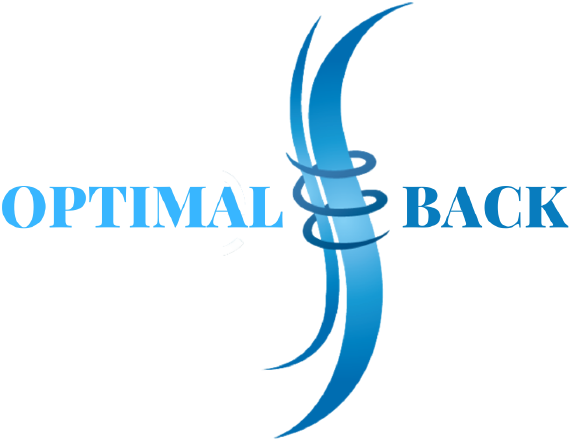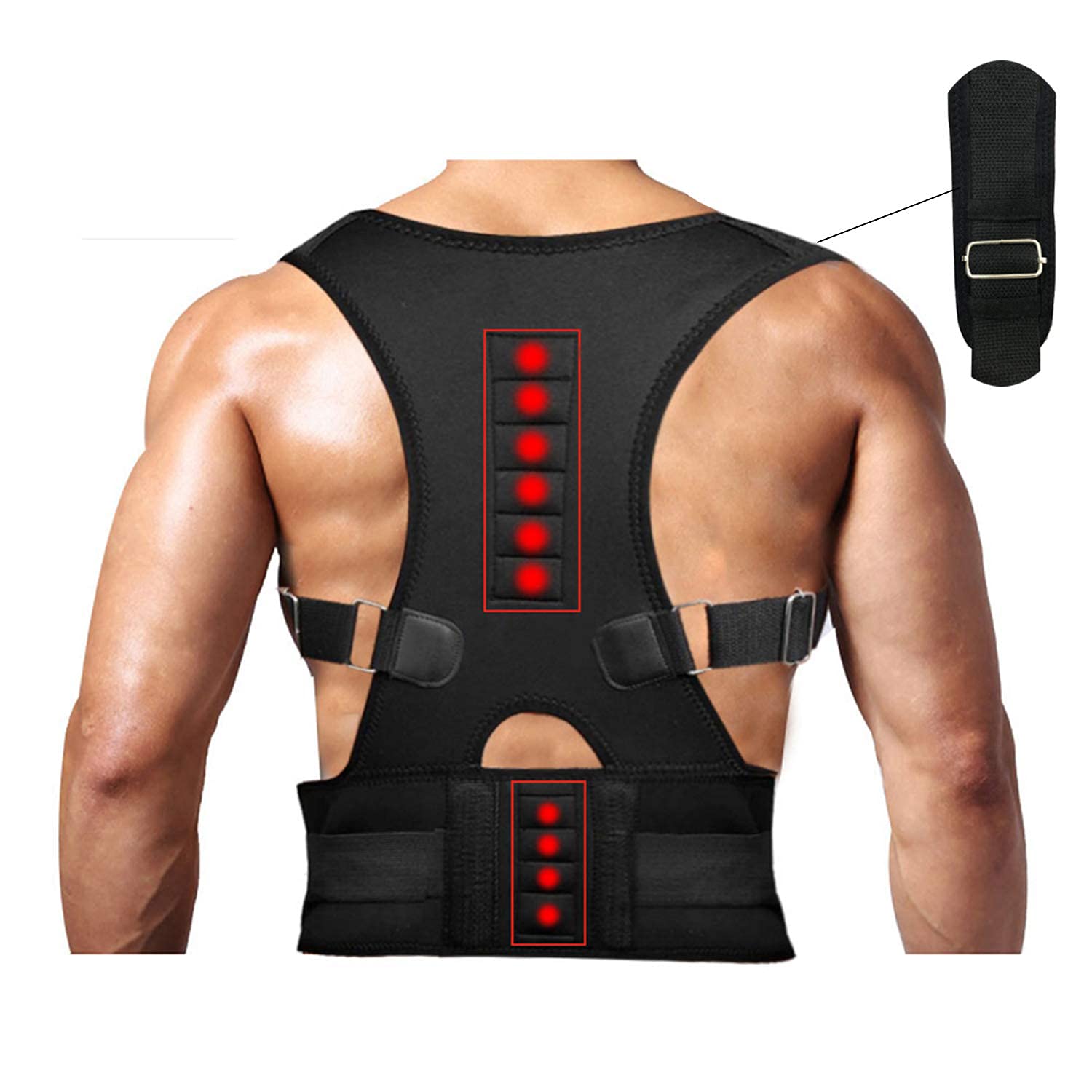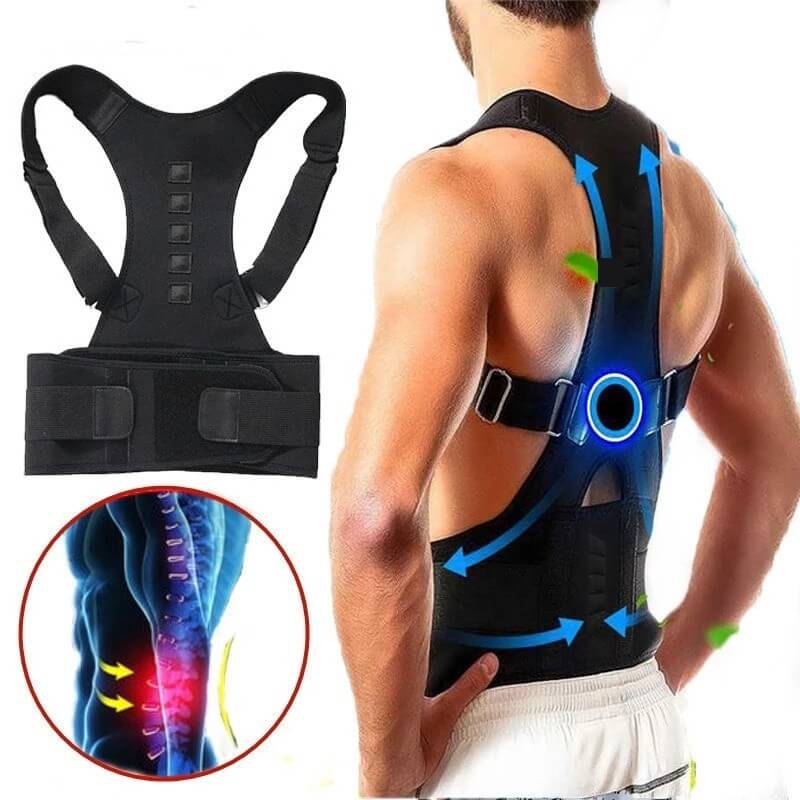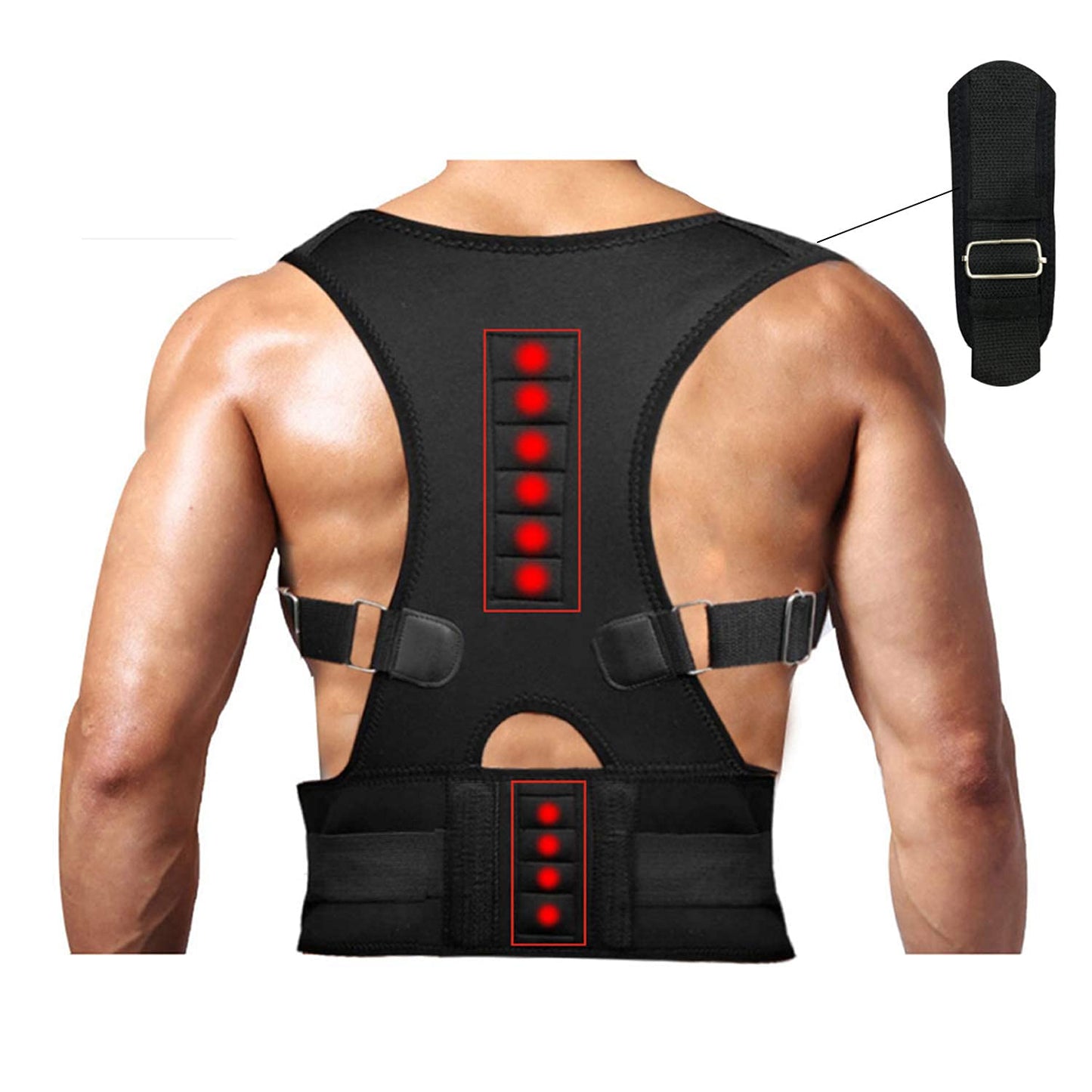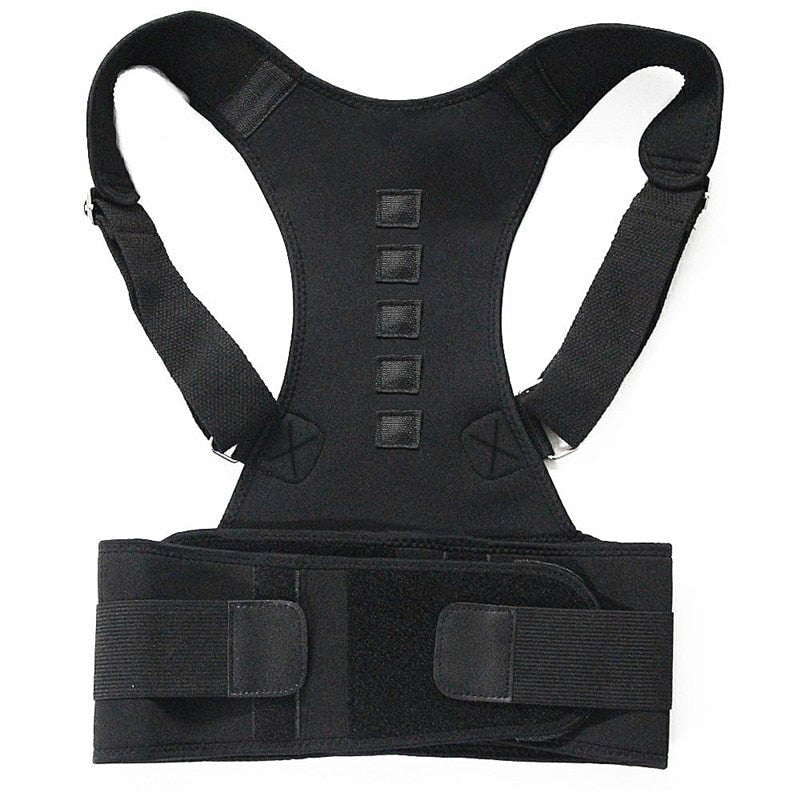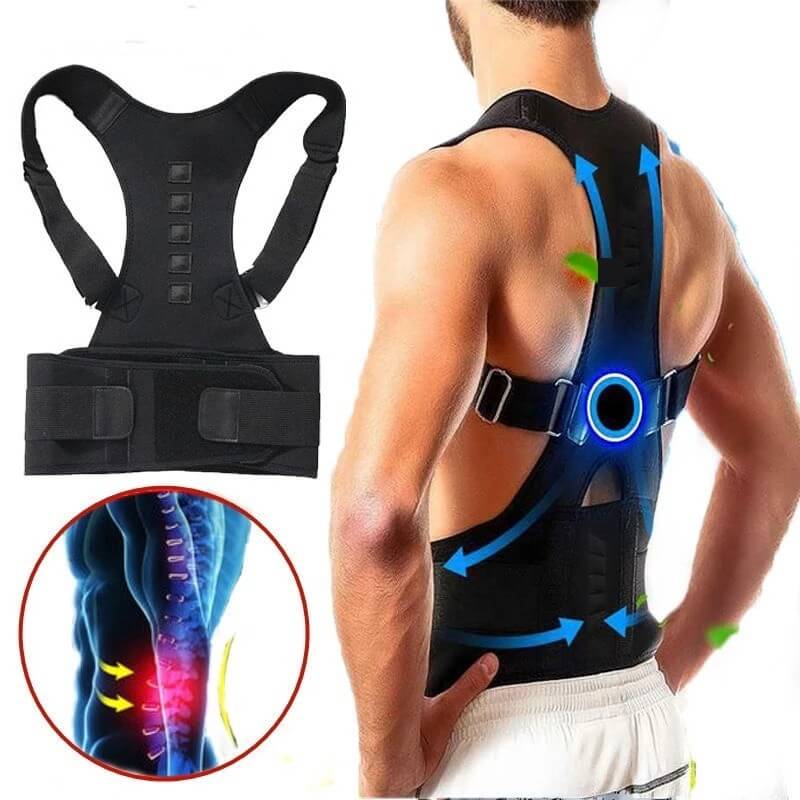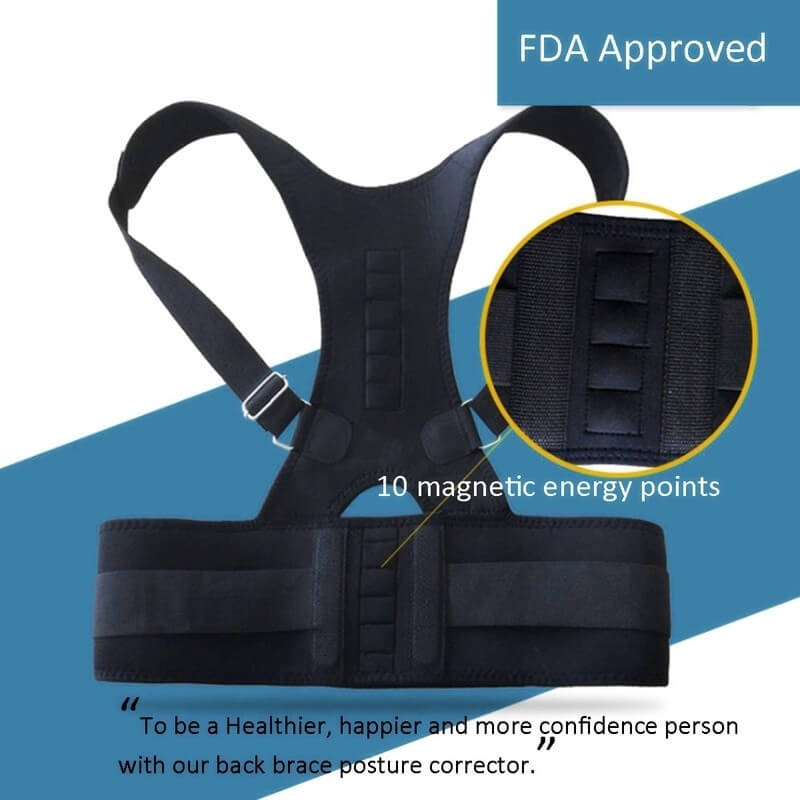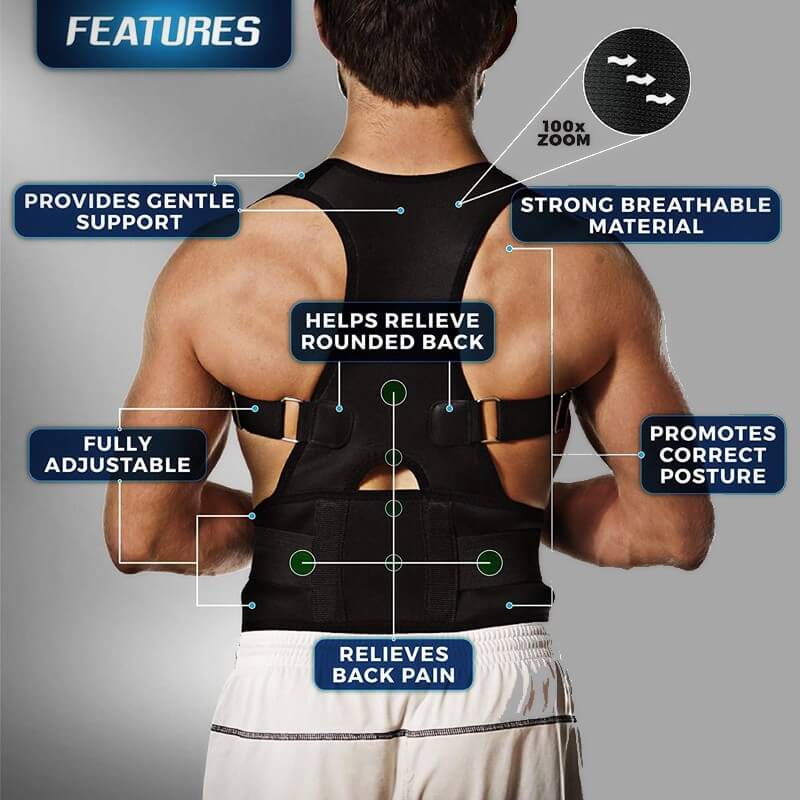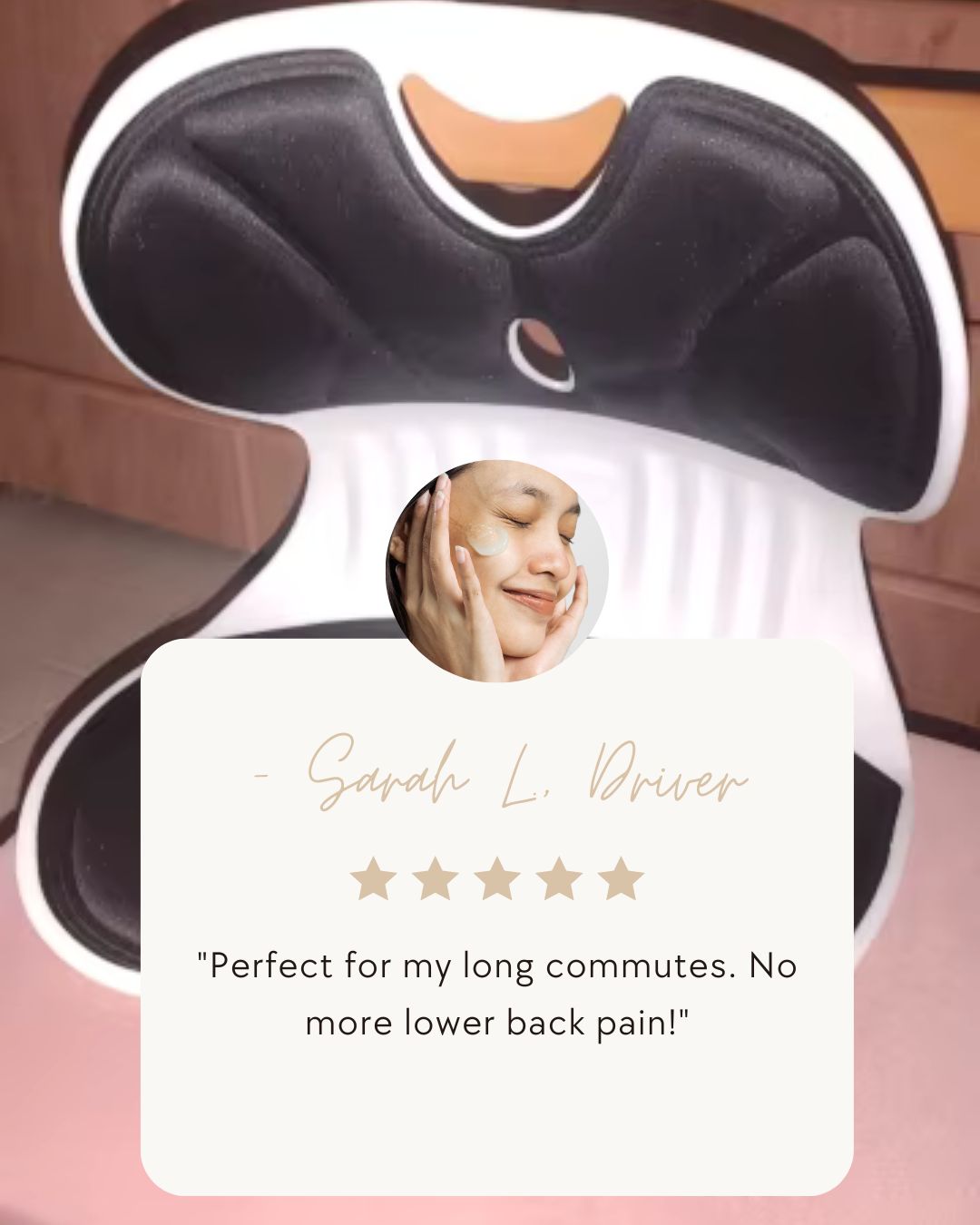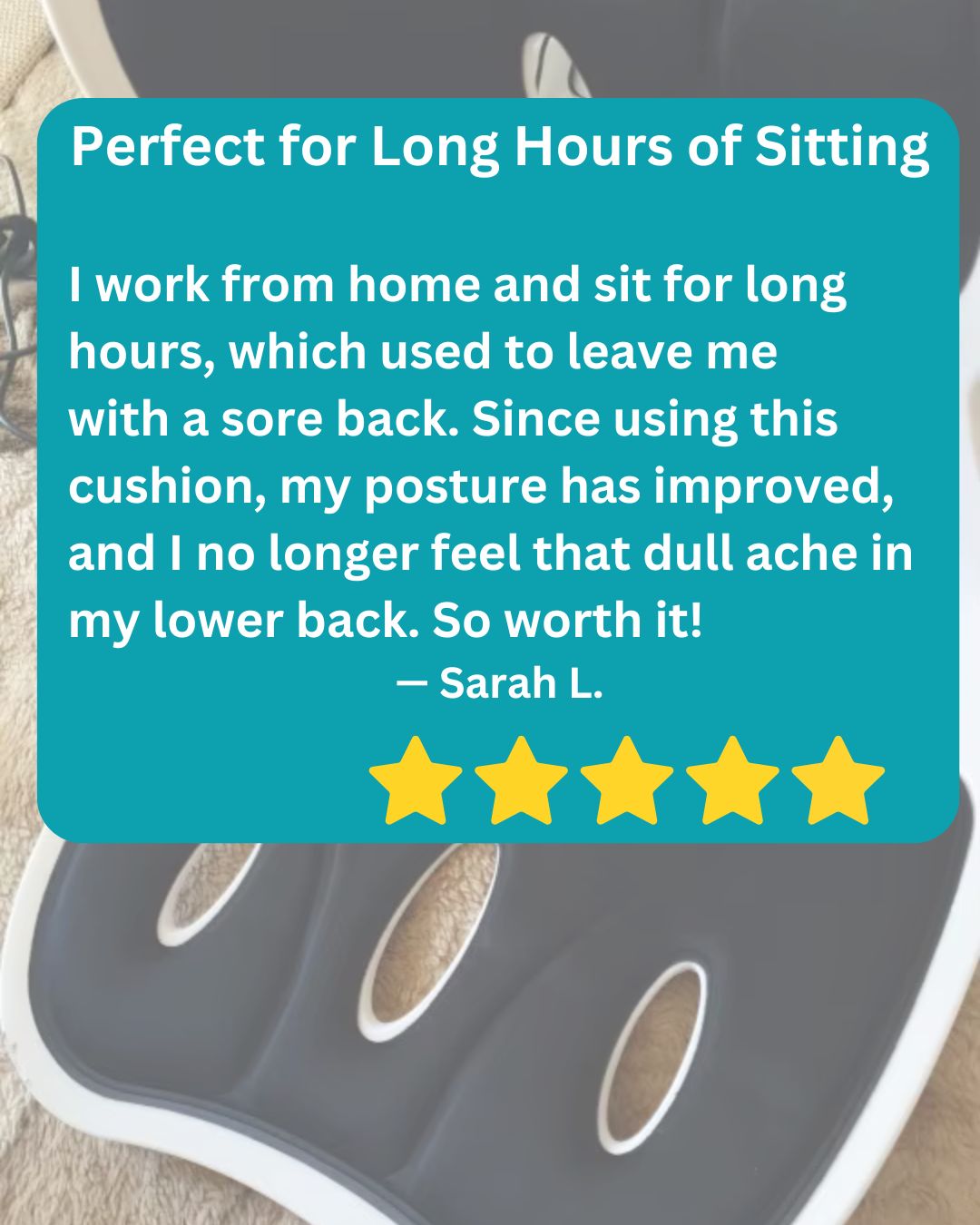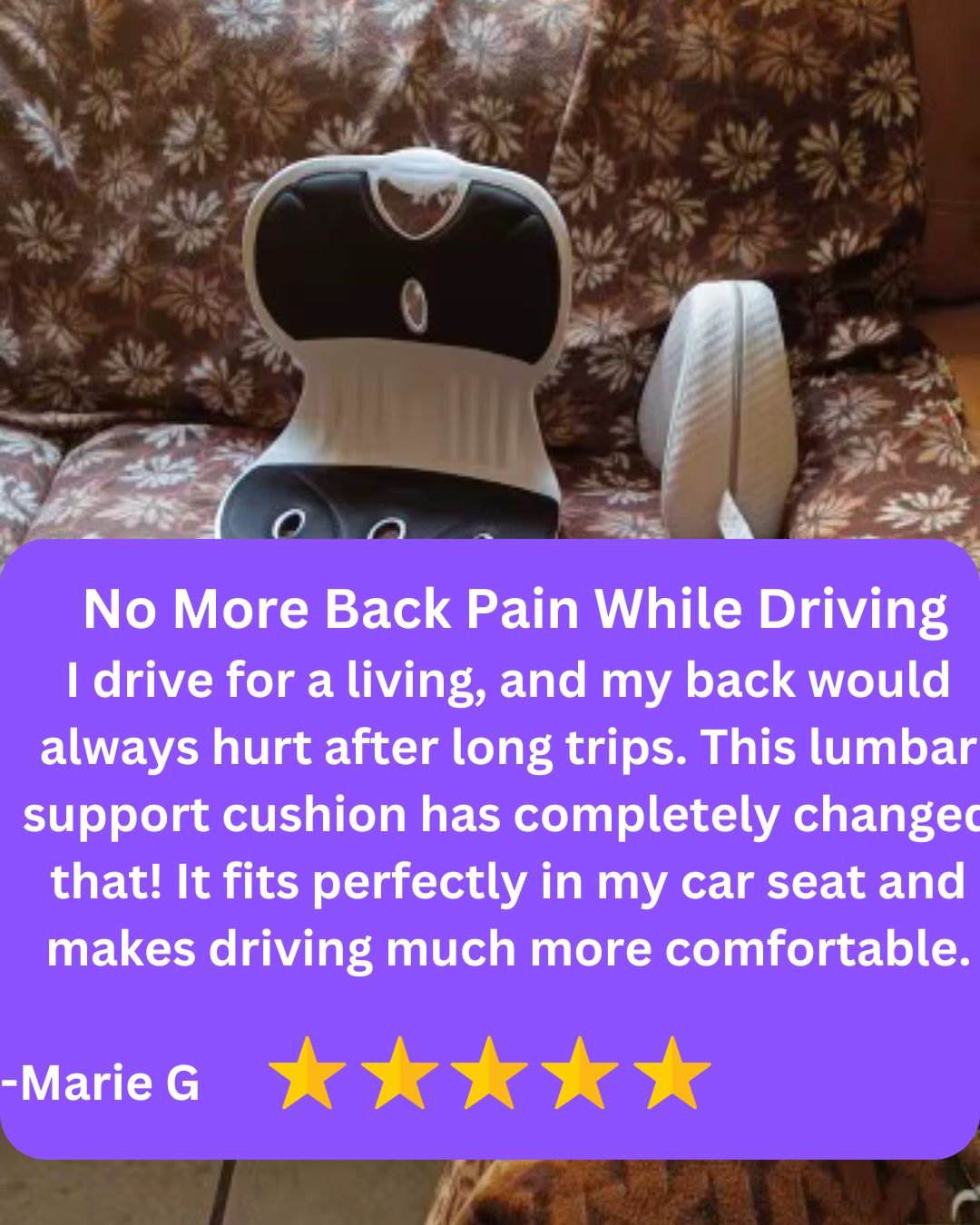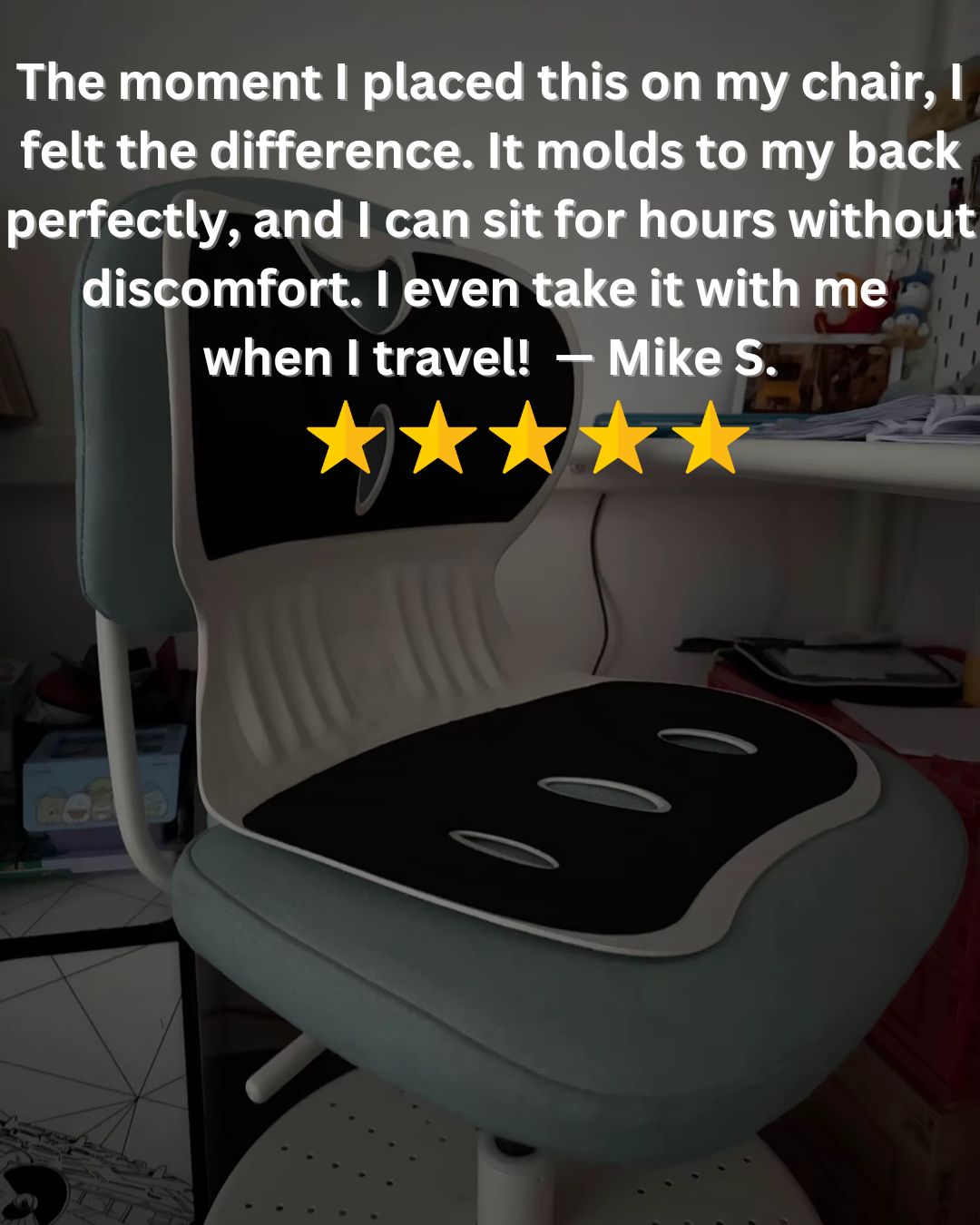Sciatica nerve pain can be debilitating, affecting your daily activities and quality of life. Finding relief is crucial for those suffering from this condition. Here are some effective ways to alleviate sciatica nerve pain:

1. Stretching and Exercise
Regular stretching and exercise can help relieve sciatica pain by improving flexibility and strengthening the muscles supporting your spine. Focus on exercises that target the lower back, hips, and legs to reduce pressure on the sciatic nerve.
2. Hot and Cold Therapy
Applying heat or cold packs to the affected area can help reduce inflammation and alleviate pain. Use a heating pad or ice pack for 15-20 minutes several times a day to find relief from sciatica symptoms.
3. Pain Medication
Over-the-counter pain medications such as ibuprofen or acetaminophen can help manage sciatica pain. Consult with your healthcare provider before taking any medication to ensure it is safe and effective for your condition.
4. Physical Therapy
A physical therapist can create a customized treatment plan to address your specific sciatica symptoms. Physical therapy may include exercises, manual therapy, and education on proper body mechanics to prevent future flare-ups.
5. Epidural Steroid Injections
If conservative treatments do not provide relief, your healthcare provider may recommend epidural steroid injections to reduce inflammation around the affected nerve. These injections can provide temporary relief from severe sciatica pain.
6. Acupuncture
Acupuncture is a traditional Chinese medicine practice that involves inserting thin needles into specific points on the body to alleviate pain and promote healing. Some individuals find relief from sciatica pain through acupuncture sessions.
7. Chiropractic Care
Chiropractic adjustments can help realign the spine and relieve pressure on the sciatic nerve. A chiropractor can develop a treatment plan to address the root cause of your sciatica pain and improve your overall spinal health.
It's essential to consult with a healthcare provider to determine the most appropriate treatment plan for your sciatica nerve pain. By incorporating these effective strategies into your routine, you can find relief and improve your quality of life.
Good Posture
Poor posture can have long term effect on your health and make your back pain worse. If you're sitting for a long periods of time or slouching when you walk or stand, you might want to be more aware of your posture. Make sure to sit upright and support your back against the chair with both feet flat on the floor keeping your shoulders relaxed. If necessary put a comfortable pillow between your lower back to aid and improve your posture. Using Posture Corrector can be very helpful to obtaining a great posture and improve balance.

Better Sleep
Sleeping can be difficult when having back pain. And this can become a vicious cycle that can have long term effect on the health of your spine. It's important for the body to rest properly in order for it to heal. That's why it's very crucial to make sure your back is in optimal position when you sleep to relieve the stress on your back. Depending on the position of your sleep this can be achieved by having a firm pillow and mattress. Put the pillow behind your knees if you sleep on your back, and between your knees if you sleep on your side. This helps your spine to stay in a comfortable and neutral position as well as taking the tension and stress of your back. Make sure you use a firm and comfortable Pillow.

Medication From The Store
Before you use any medication for your back or neck pain please consult with your doctor first. However there are many over-the-counter medicines you can take to ease and relieve the pain. Anti-inflammatory drugs usually help bring down the inflammation cause to the nerves or between the disks. Don't expect the medication alone to solve the problem, and do not hesitate to consult with a professional or a doctor if the pain persist. You may need more than one type of treatment that could be recommended by your physician or doctor. Your doctor may even prescribe antidepressant medications for chronic back pain, which is normal. It is supposed to help and influence chemical signals affecting brain messengers to the body. Also check out The 13 Anti Inflammatory Foods You Can Eat.
Physical Therapy
It is well known that the core is the base and the foundation of the body; Keeping the core strong and flexible is essential for a healthy, strong back. One way to recover from back pain or injury is Physical Therapy, which usually involves in strengthening the muscles that support areas around your back/neck.You get to do specialized exercises and to learn how to sit and stand properly in order to alleviate pain and avoid future problems in the areas mentioned. But physical therapy takes time, you have to be patient and persistent.

Harness the Power of Physical Therapy for Optimal Rehabilitation

Hands-On Therapy
Getting massage can be calming and relaxing, but did you know that getting massage regularly can also reduce and diminish your back pain. Once a week for a 12 week period can improve mobility and reduce pain/discomfort. The continuous weekly massage is required to help relax the muscles around the affected area. Another option when dealing with chronic back pain is to go to a chiropractor or a physical therapist. Spinal manipulation that is performed by a chiropractor or a licensed specialist can help alleviate pain and recover spine flexibility. This treatment seems a little scary and uncomfortable at first but it may be necessary in order to relieve and reduce chronic pain and help revive mobility and structural issues that persist.

